Bridging the skills gap – the growing importance of IT & digital talent in banking transformations
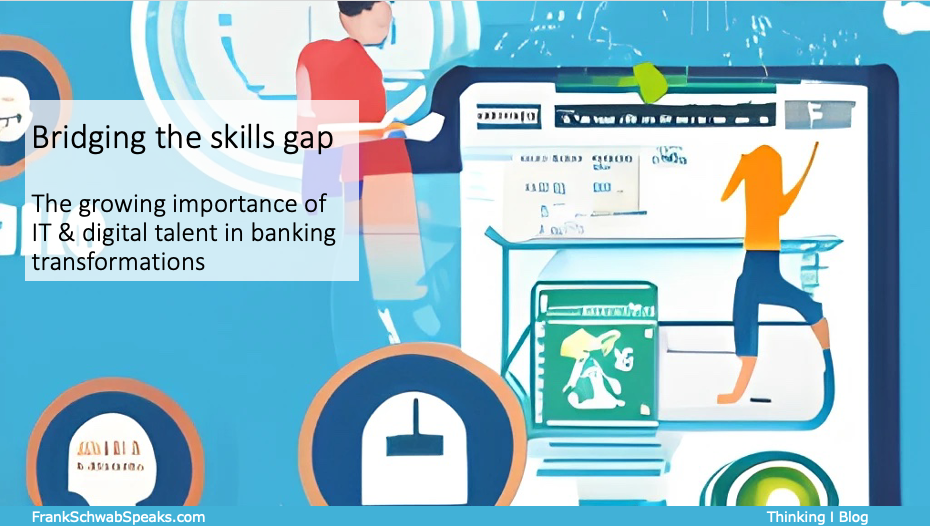
1 Attract the right talent
Banks undergoing transformation require new skill sets and competencies, which do not exist to the needed extend within the current workforce. For banks it is paramount to first identify the needed IT & digital skills and then to attract the right talent. These skills include technical skills like software engineering, data science, cloud computing, cybersecurity as well as business acumen. IT & digital talent must also understand the business side of banking. A deep knowledge of products, processes and services, customer behavior, market trends, and regulatory compliance is required. A bank should also look for digital management skills like agile development when hiring.
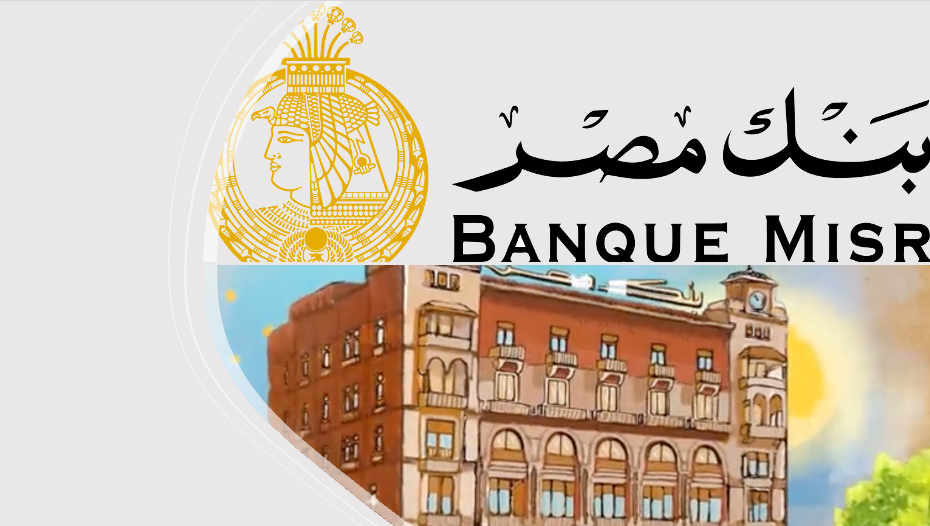
Founded in 1920 the Egyptian bank Banque Misr serves more than 13 million clients in Egypt and has more than 20,000 employees. Banque Misr started a digital transformation in 2017 to improve customer experience and expand its market share. The bank invested in recruiting top talent in the areas of digital. According to a KPMG report Banque Misr has seen significant growth in its digital banking operations since the implementation of its digital transformation strategy, with online and mobile banking transactions increasing by over 100% in 2020, alone.

Largely government owned Bank Rakyat Indonesia is one the largest banks in Indonesia with about 30 million retail clients, more than 100,000 employees and 4,000 branches. The bank transformed its business towards a more agile and collaborative work culture. Talent acquisition strategy involved hiring employees with experience in agile methodologies and digital transformation to drive the bank's transformation. Bank Rakyat Indonesia's agile transformation resulted in an increase in productivity by 20% and a decrease in project delivery time by 40%. The bank also launched new digital products, such as its mobile banking app, to better serve its customers.
2 Training & development never stops
Besides hiring new talent training & development programs can help bridge the gap by providing employees with the skills and knowledge they need to succeed in their roles.
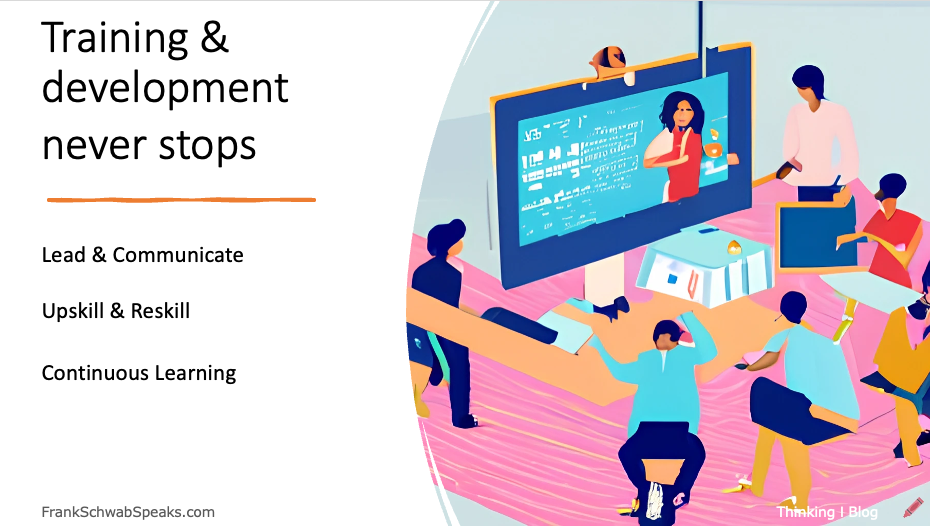
IT & digital talent must develop its leadership & communication skills. This includes the ability to communicate complex technical concepts to non-technical stakeholders, collaborate with cross-functional teams, and lead change management initiatives. With the pace of technological change accelerating, IT & digital talent in the banking industry need to constantly upskill and reskill themselves to keep up. And banks need support the continuous learning needs by providing access to training and development opportunities via workshops, conferences, online courses and university & business school co-operations.
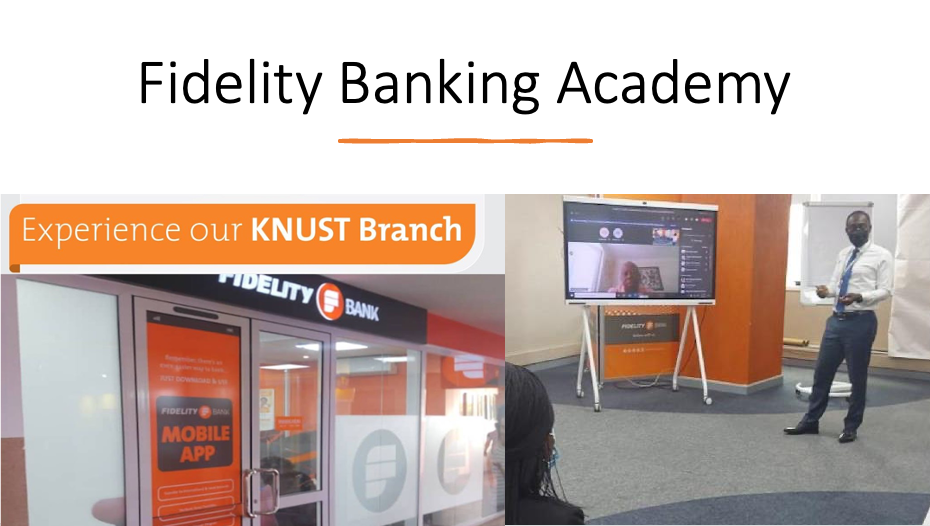
Fidelity Bank is a universal bank in Ghana that operates across 73 Branches and 115 ATMs across the countrywith more than 2,000 employees. As part of the bank’s digitization expansion, the Fidelity Bank has opened four digital-bank branches with e-lounges at Osu, KNUST (Kwame Nkrumah University of Science and Technology), Labone and East Legon. In 2019 the bank implemented a transformational change program known as the 'Project Leapfrog' to enhance operational efficiency, customer service delivery, and market position. As part of the program, the bank implemented several initiatives to improve employee skills, knowledge, and competencies, including training and development programs. And two years later, in 2021, the bank launched the Fidelity Banking Academy, a new capacity-building program to provide regular, holistic training and competency upskilling for staff of the bank. The initiative, being implemented in partnership with the Chartered Institute of Bankers Ghana, would elevate standards in the Ghanaian banking industry with respect to technical skills, and essential non-technical skills such as management and interpersonal skills. Fidelity Bank Ghana reported a significant improvement in employee performance and productivity as a result of the Training & Development programs. The bank's staff retention rate improved from 75% in 2019 to 84% in 2020, indicating that employees were more satisfied and engaged with the bank's work environment. The bank also reported a 25% increase in customer deposits in 2020, indicating an improvement in customer service delivery.
3 Retain talent
During a bank's transformation, it is crucial to retain employees who possess the necessary expertise to drive the change. Retaining talent ensures that the bank can continue to tap into the knowledge and experience of its existing workforce and avoid any loss of institutional knowledge.
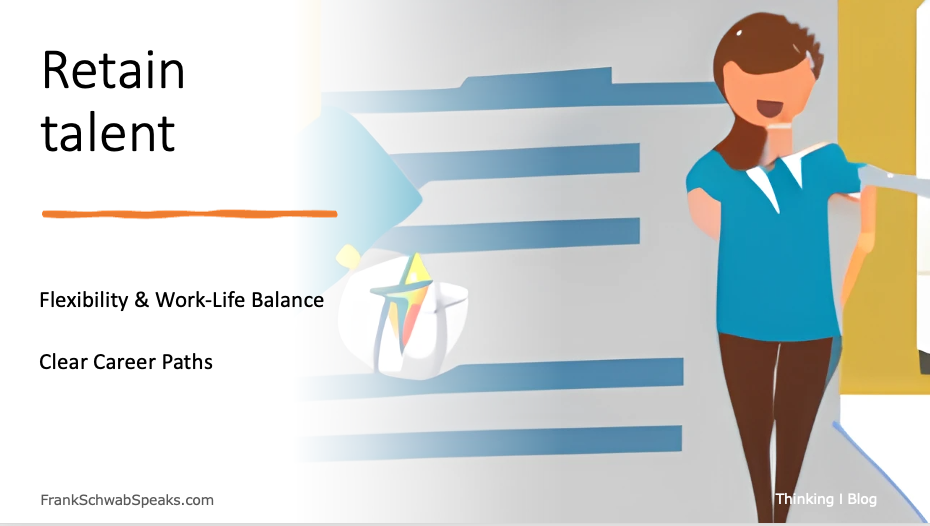
Access Bank Botswana (former: BancABC Botswana) transformed from a small regional bank to a leading financial institution and the fifth largest bank in Botswana. Talent retention played a crucial role in Access Bank's transformation as the bank focused on creating a culture of learning, growth, and development for its employees. A tangible achievement is the decrease of the staff turnover rate from 19% in 2018 to 9% in 2020. And Access Bank was named the Best Bank to Work for in Botswana by the African Business Magazine in 2020.

The Nigerian bank Guaranty Trust Holding Company PLC also known as GTCO PLC is a multinational financial services group, that offers retail and investment banking, pension management, asset management and payments services and is headquartered in Victoria Island, Lagos. The bank serves over 24 million customers across 10 African countries and has more than 10,000 employees. GTCO PLC developed a culture of continuous learning which aimed to improve the capabilities of its workforce and to develop future leaders. These programs were designed to provide employees with the necessary skills and knowledge to perform their roles effectively and meet the evolving needs of the organization. According to the GTCO PLC's 2020 annual report, the programs had a significant impact on the bank's performance, like the development of future leaders from within the organization, with 70% of management positions filled internally.
Links / References
Access Bank Botswana, https://africanfinancials.com/document/bw-abc-2020-ar-00
Bank Rakyat Indonesia, https://bri.co.id/documents/20123/56786/AR%202021%20Bank%20BRI-ENG%20(2).pdf
Banque Misr, https://www.banquemisr.com/-/media/BM-ANNUAL-DIGITAL-REPORT-2019-2020-en.pdf
Fidelity Bank Ghana, https://newsghana.com.gh/fidelity-bank-launches-banking-academy
Guaranty Trust Holding, https://www.gtcoplc.com/uploads/annual-reports/2020-annual-report/2020-Annual-Report.pdf
worldometer, https://www.worldometers.info/world-population
Presentation is supported by Microsoft Powerpoint, http://www.Microsoft.com
Some text is supported by ChatGTP, http://chat.openai.com
Some pics are supported by Craiyon, https://www.craiyon.com
Published in talent, banking, transformation, HR, DigitalTransformation, Bridging-the-skills-gap on 20.03.2023 20:46 Uhr. 0 comments • Comment here

